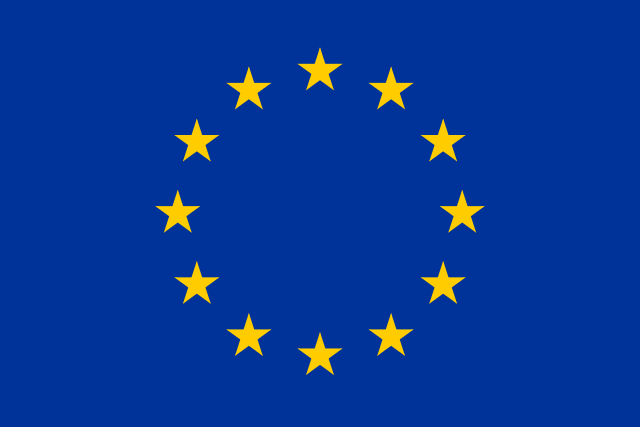EU vs UN
The European Union (EU) and the United Nations (UN) differ significantly in terms of their member countries and agendas. The EU focuses on the economies of its member states, providing a single platform for marketing and selling products within a unified economy. In contrast, the UN aims to maintain peace between nations and prevent wars, offering a platform for countries to express their opinions and reach agreements with other member states. This article explores the history, formation, and purposes of each organization.
More about EU
The European Union is a group of states that have joined together based on economic and political grounds. Established under its current name in 1993, the EU is headquartered in Brussels and currently has 28 member states as of 2015. The EU’s decisions are made based on the opinions of its member states, and the organization has a Parliament with elections held every five years, in which EU citizens participate. The EU has created a single market with standardized laws that apply to all member states. Furthermore, the EU ensures the free movement of services and people within its area and has generated 26% of the global economy. The European Union had a population of 507,416,607 in 2014.
More about UN
The United Nations is an internationally recognized organization that aims to provide cooperative services in law, security, economy, and laws to promote world peace. Founded in 1945 after World War 2, the UN is headquartered in New York and currently has 193 member states. The organization operates with six main components: the Security Council, General Assembly, Secretariat, Economic and Social Council, International Court of Justice, and UN Trusteeship Council. The UN works with numerous organizations, such as the World Food Programme (WFP) and the World Health Organization (WHO).
Key Takeaways
- EU focuses on economic and political cooperation among its 28 European member states, while the UN works to maintain global peace and provide cooperative services among its 193 member countries.
- The EU has a parliamentary system and a single market with standardized laws, while the UN is an organization that makes resolutions through discussion, with the five permanent Security Council members having veto power.
- Leadership structures differ between the two organizations, with the EU having three leaders for its different institutions, and the UN being led by a Secretary-General and separate presidents for each council.
